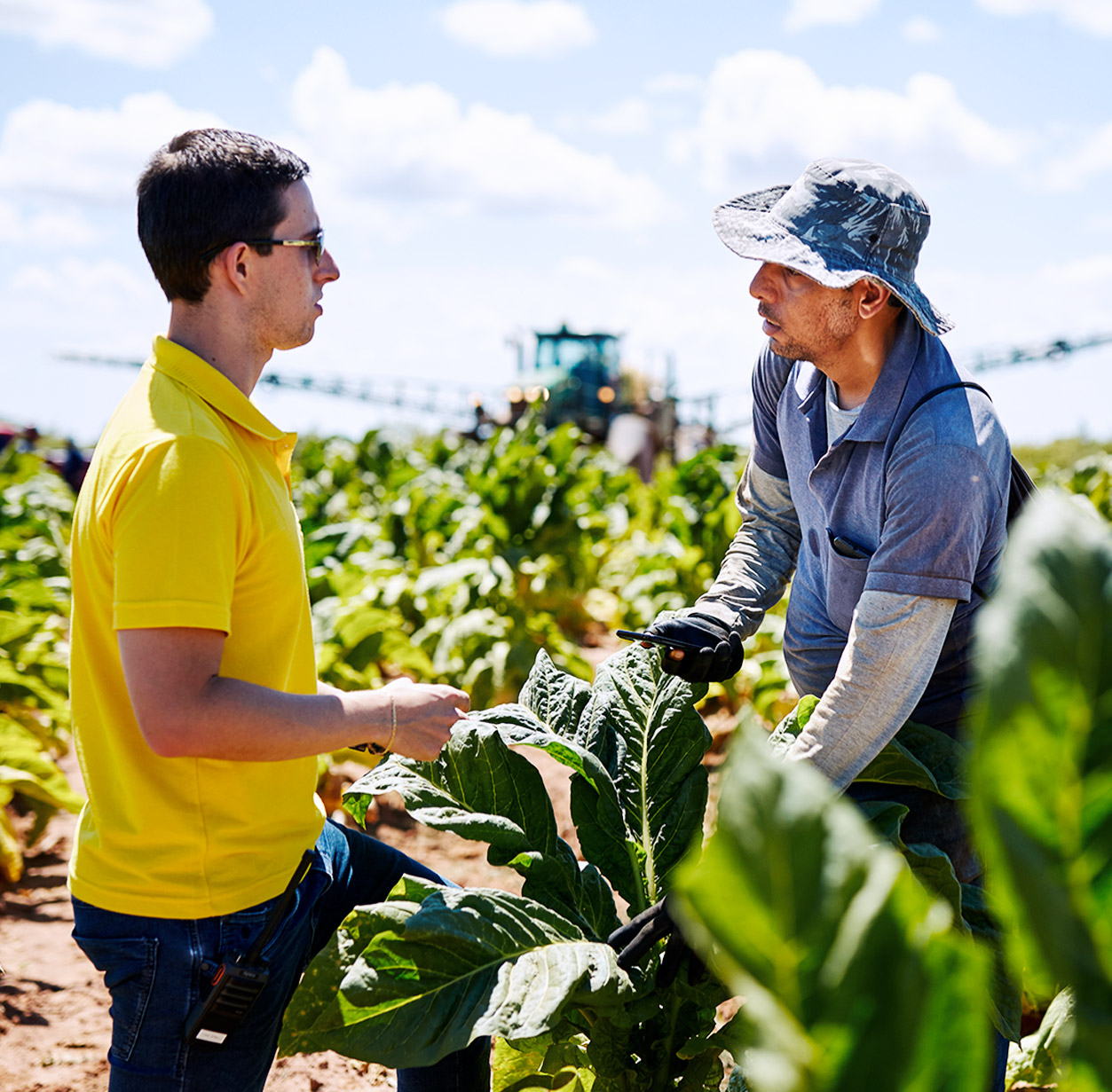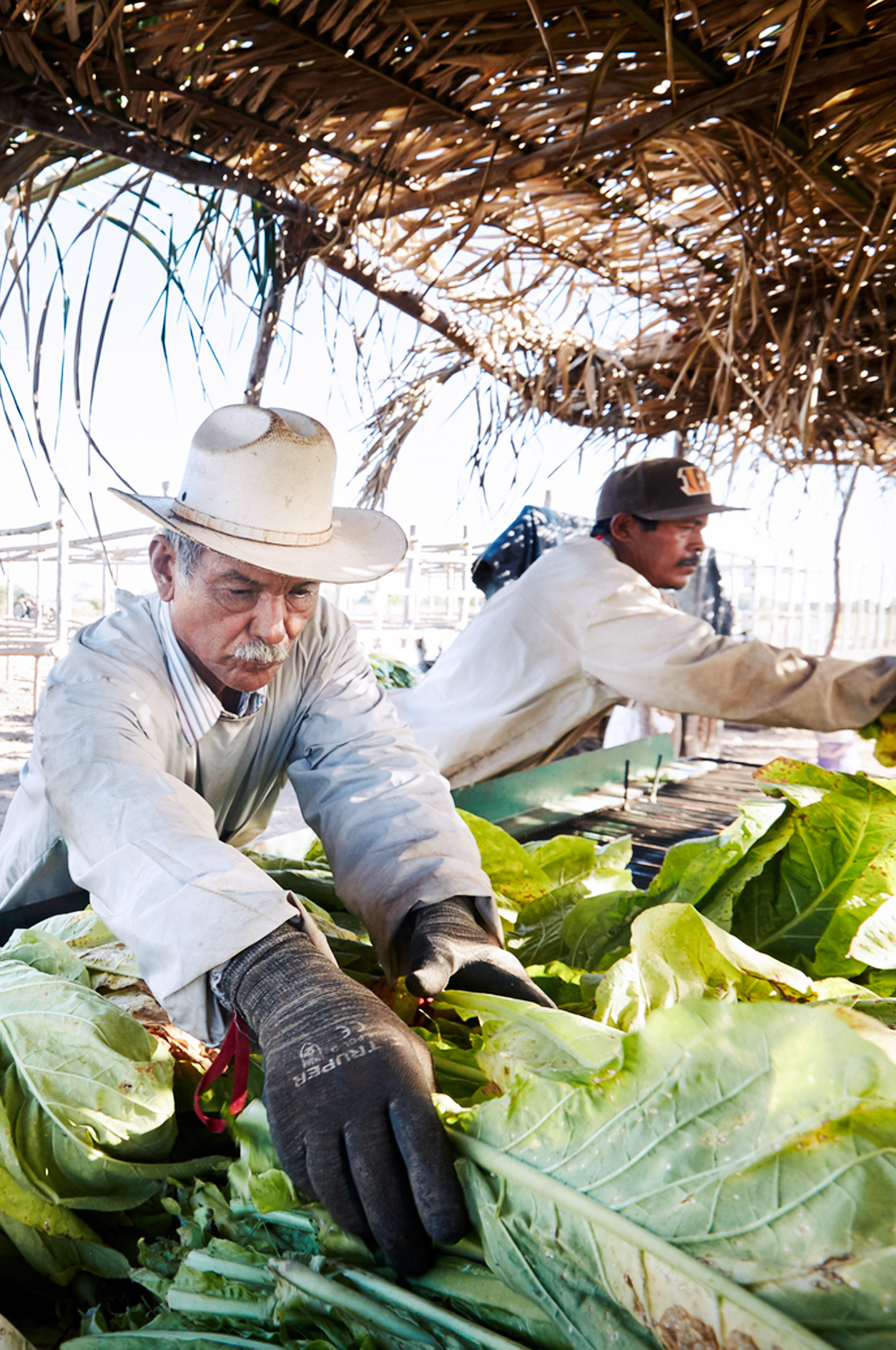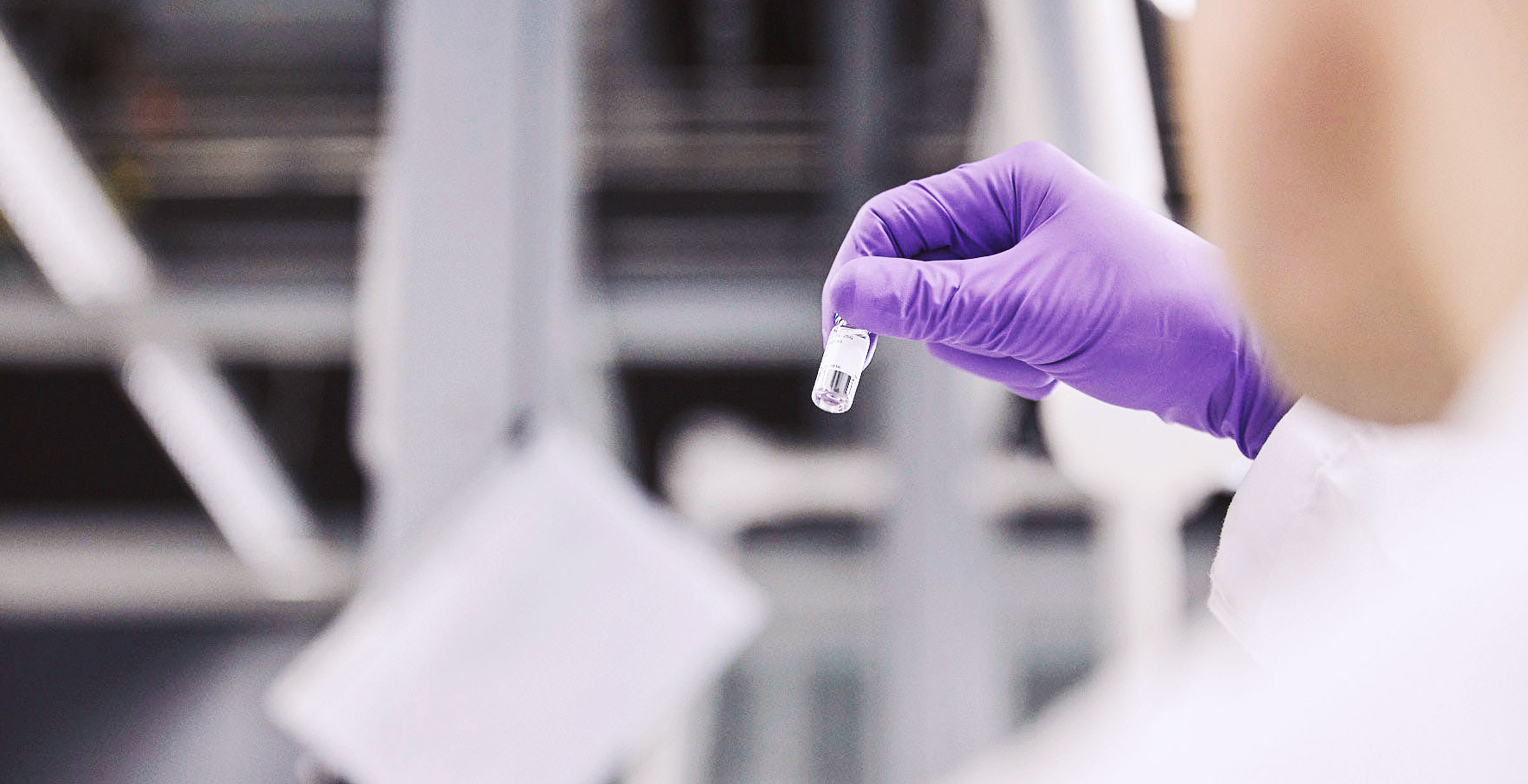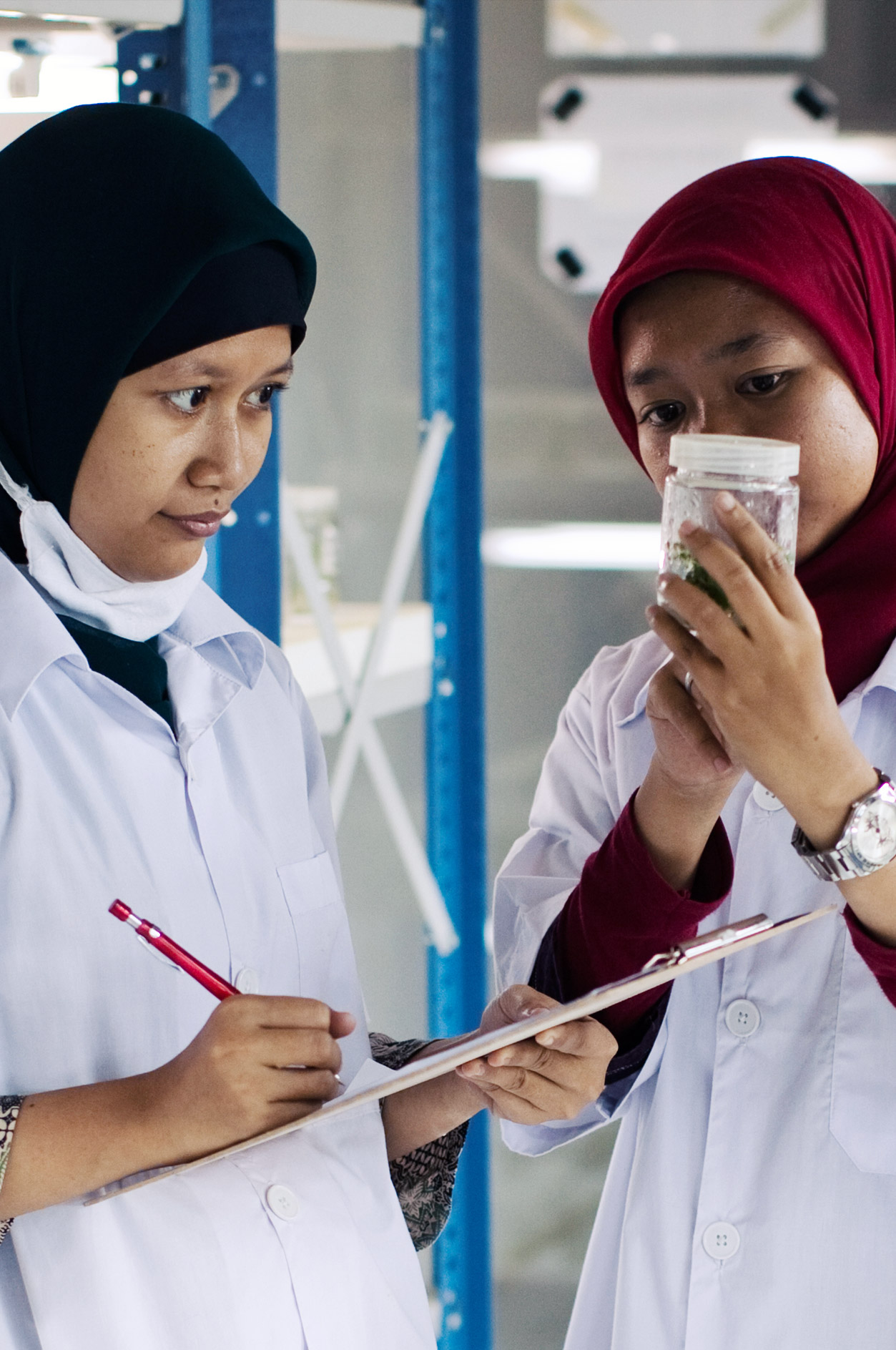

Philip Morris: Putting Enabling People and Communities First
The current global health crisis is unprecedented, and certain to have profound and long-term effects on society, the economy and business. The International Labour Organization (ILO) estimates that so far 305 million people have lost their livelihoods and this is likely to rise. Both governments and businesses have a duty to support their people, something Philip Morris International (PMI) is taking very seriously.

The company's priority is to protect employees and their communities, providing financial assistance where needed and embedding the protection of human rights into its corporate culture and practices.
Safeguarding wellbeing and income of farmers
A key tool in the protection of those upstream in the PMI supply chain is its Agricultural Labor Practices (ALP) initiative. Based on the ILO's Declaration on Fundamental Principles and Rights at Work, it is designed to ensure safe and fair working conditions on all of those farms from which PMI sources tobacco.
The ways in which the ALP aims to drive positive change in every working environment across PMI’s entire value chain include the elimination of child or forced labour, a striving for gender equality and the avoidance of poor working conditions. Child labour is of particular concern during the current pandemic, with violations being commonplace as a result of school closures and the economic shutdown.

In countries where PMI has a significant presence, and which it considers to be at risk of human rights violations, the company is commissioning externally conducted human rights impact assessments (HRIAs). So far these have been carried out in Mexico and the Philippines, and by 2025 will have taken place in a total of ten countries that PMI considers to be high-risk for human rights abuses.
This initiative has been welcomed by relevant organisations, such as Human Rights Watch, who said in a 2016 report: "Among the companies we studied, Philip Morris International appears to have taken the greatest number of steps to be transparent about its human-rights policies and monitoring procedures, including by publishing on its website its own progress reports as well as several detailed reports by third-party monitors.”
PMI’s pandemic response
The company’s response to global disasters such as the Covid-19 pandemic has been swift and wide-ranging. In this instance, workers and their families right across the supply chain – along with members of their immediate community – were provided with PPE (personal protective equipment) such as masks and gloves, and in some cases manufacturing facilities were given over to the production of hand gel, which was distributed to workers and care homes.
In Switzerland, scientists from the genomics and transcriptomics laboratory at PMI’s R&D ‘Cube’ in Neuchâtel helped local hospitals to cope with high demand for Covid-19 testing by analysing swab samples from suspected patients. The data was then sent back to the hospitals for interpretation.
Charitable donations and food aid have long been part of PMI’s commitment to help those most in need, and Philip Morris Switzerland Sàrl (PM Switzerland) works with local NGOs to provide food boxes to families in financial difficulties. In response to the crisis, similar efforts were stepped up by PMI globally, with 180 food parcels distributed to migrant families in Mexico and 800 food baskets sent to farmers and workers in rural areas of India.

In Brazil and the Philippines, cash advances were made available to over 15,000 farmers, to tide them over this difficult period. It is hoped that these initiatives will enable local communities not only to combat the challenges of the current circumstances, but any that may arise in the future.
Making women's rights a priority
Gender equality and the empowerment of women are key values at PMI. In 2019 the Swiss Equal-Salary Foundation awarded PMI a global Equal-Salary certificate. PMI was the first multinational to be certified everywhere it operates; a reflection of its working practices worldwide, and acknowledgement that PMI pays men and women equally for equal work across more than 180 markets.
"Providing women and men with equal opportunities is not only the right thing to do, it is critical for meeting a wide range of sustainable development goals,” says Laurence Ruffieux, director of operations sustainability at PMI. “All businesses benefit from greater gender equality in their work place, and in PMI operations, we have a deep commitment to diversity and equality that are fundamental for achieving our company’s vision. With the ALP program, we are focusing on empowering women in our tobacco supply chain so that they become agents of change in the fight against rural poverty and child labor. We do this by playing an active role in improving sustainably, the livelihood and well-being of families and communities."

Women in tobacco farming are often constrained by social and cultural norms, and see inequality in pay and opportunities for growth. Often their domestic responsibilities further impede their earning potential. The ALP is a way of ensuring their fair treatment.
“Women’s empowerment is an important enabler of sustainable development. When women are guaranteed equal rights and opportunities – and when gender norms and stereotypes that hold women back are overcome – it benefits individuals, their families, societies and business,” says Melissa Whiting, head of inclusion and diversity. “Large companies like PMI are in a position to shape and influence gender norms given their often-expansive value chains. Whether it is taking action in the workplace to reinforce gender equality and women’s representation in leadership and decision-making roles, or supporting women farmers who produce raw materials.”
This support can take many forms, including targeted training. In Turkey, PMI worked with a local NGO in 2019 to train participants in safe working practices and to raise awareness of the dangers of child labour. These workshops took place in 17 villages and reached 1,111 women.
A similar farming community training programme took place in Brazil, and focused on working practices. In Argentina, Indonesia, Malawi and Pakistan, vocational training initiatives included financial training, small-scale ginger growing, and sewing classes for girls aged 14 to 17.
In order to monitor farmer’s adherence to the ALP Code, PMI hires field technicians – even in countries at lower risk of human rights abuses, such as Switzerland, where there are still more than 135 tobacco growers. An increasing number of women have been hired for this, something that helps greatly in countries such as Pakistan, where cultural constraints mean that male technicians cannot directly engage with female workers.
At every level of the supply chain, PMI values diversity, and the ALP team itself is made up of 27 people, including 14 women from nine different nationalities. Harnessing the talent and potential of women is essentially to future economic success and social progress. Ultimately, a balanced and motivated workforce, across the company and at every level of the supply chain, is good for business, as well as society.





